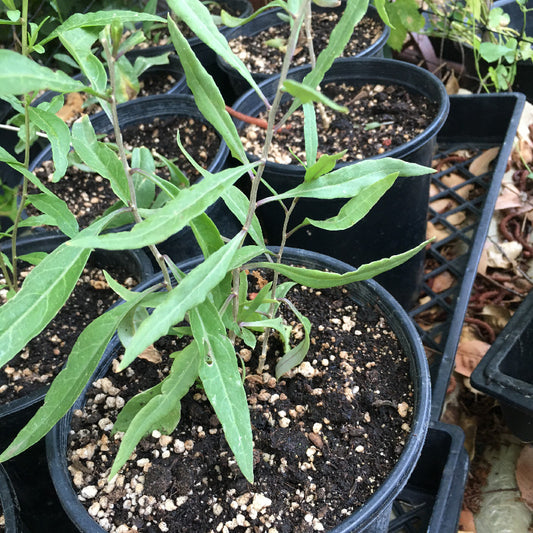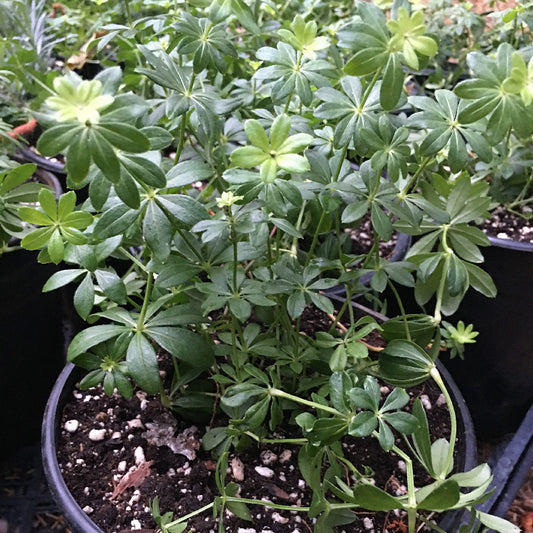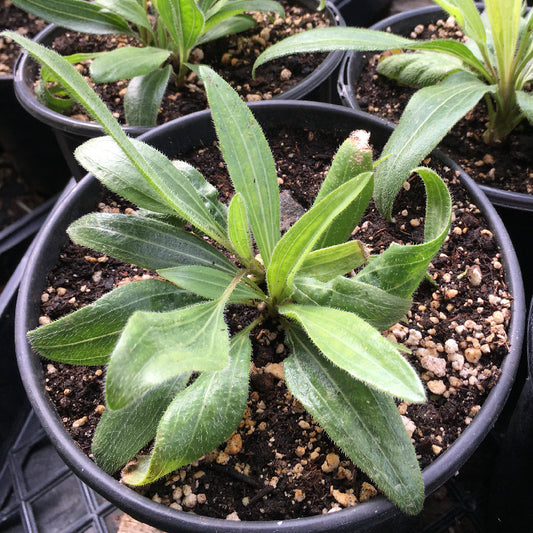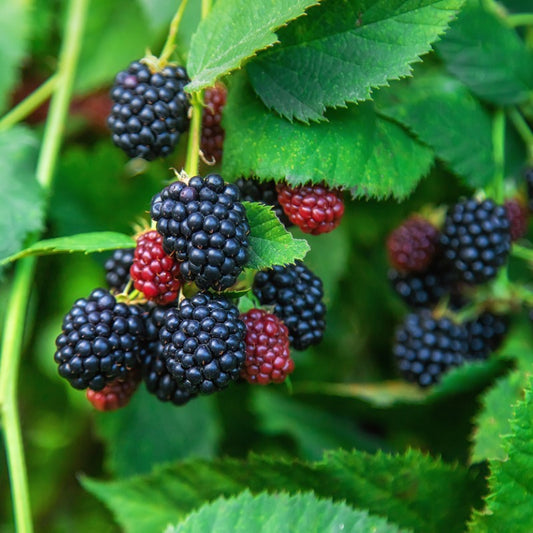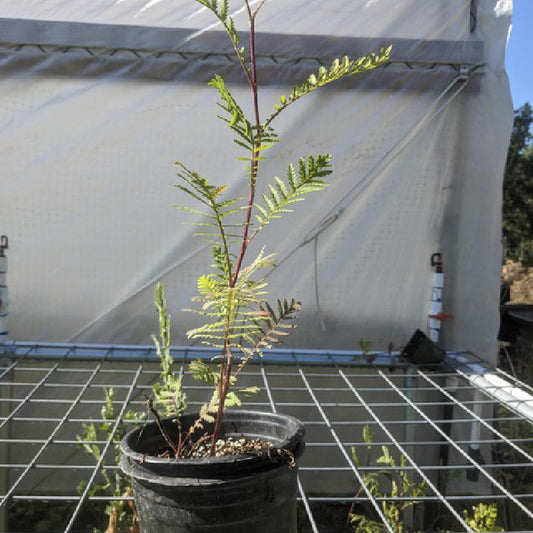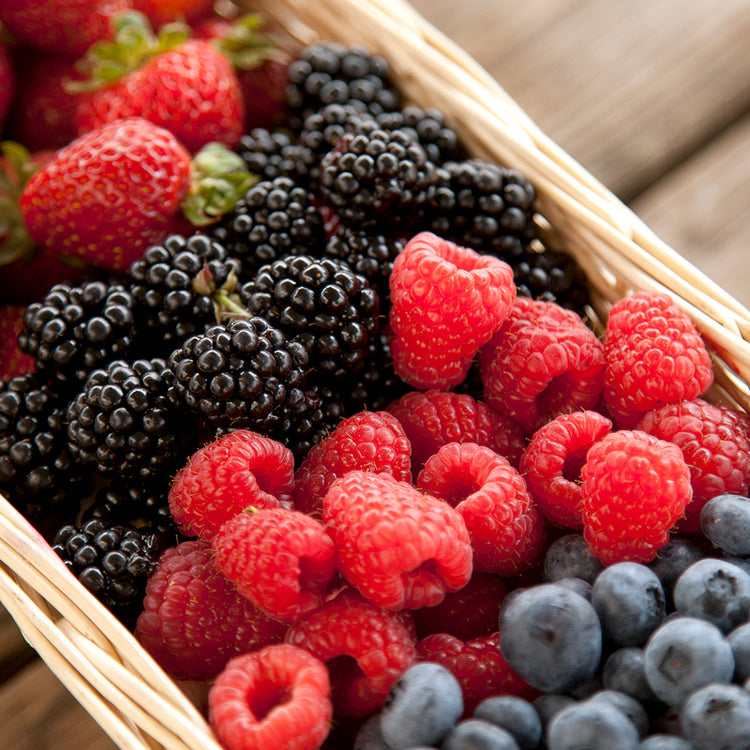
Growing Berries
Looking for berries? You've come to the right place! We've have a large selection of berries for sale. Blueberries, raspberries, strawberries, goji berries, elderberries, currants and more!
When it comes to planting berries, the type of soil you use can make a big difference in the health and yield of your plants. The soil needs organic matter and should be slightly acidic. This will create an environment that is conducive to healthy plant growth.
Growing berry plants using organic and sustainable methods is not only beneficial for your health but also for the environment. Thi collection of berry plants provides a diverse selection of fruit-bearing varieties that thrive when cultivated in harmony with nature. In this summary, we will explore the importance of organic and sustainable practices for berry cultivation, their advantages, and the berry plants featured in the collection.
The Significance of Organic and Sustainable Berry Cultivation:
-
Soil Health: Organic and sustainable methods prioritize soil health as the foundation for successful berry cultivation. By avoiding synthetic chemicals and promoting natural soil amendments, these practices nurture a balanced and fertile soil ecosystem. Healthy soil enhances nutrient availability and water retention, providing an ideal environment for berry plants to thrive.
-
Environmental Stewardship: Organic and sustainable berry cultivation methods minimize the negative impact on the environment. These practices reduce chemical runoff and contamination of water sources, protecting both aquatic ecosystems and beneficial pollinators. By embracing sustainability, growers contribute to biodiversity and overall ecological health.
-
Healthier Berries: Organically and sustainably grown berries are free from harmful chemical residues, making them a safer choice for consumption. These practices prioritize the health of both consumers and the environment, ensuring that berries are nutritious and free of synthetic additives.
-
Pest and Disease Management: Organic and sustainable approaches to berry cultivation employ integrated pest management (IPM) strategies. These methods involve natural predators, companion planting, and cultural practices to control pests and diseases, reducing the reliance on chemical interventions.
-
Long-Term Viability: Sustainable berry farming aims for long-term viability by preserving natural resources, minimizing waste, and maintaining ecological balance. These practices foster resilient berry crops that can withstand changing environmental conditions.
Advantages of Organic and Sustainable Berry Cultivation:
-
Nutrient-Dense Berries: Organic and sustainable practices enhance the nutrient content of berries, resulting in healthier and more flavorful fruits. Well-nourished berry plants produce berries with higher concentrations of vitamins, minerals, and antioxidants.
-
Reduced Environmental Impact: By avoiding synthetic chemicals and adopting sustainable practices, berry growers reduce their environmental footprint. This improves water and soil quality, benefiting the local ecosystem and neighboring communities.
-
Improved Soil Structure: Organic matter and sustainable soil-building practices improve soil structure and enhance its ability to retain moisture. This not only conserves water but also reduces the need for irrigation, contributing to sustainable berry farming.
-
Pest and Disease Resilience: Integrated pest management and organic disease control strategies promote resilient berry plants that are better equipped to resist pest attacks and diseases naturally. This reduces the need for chemical interventions and ensures healthier plants.
Berry Plants in the Collection:
-
Blueberries: Blueberries are renowned for their health benefits and delicious flavor. These perennial plants are well-suited to organic cultivation and thrive in acidic, well-drained soil. Growers can choose from various blueberry varieties to extend the harvest season.
-
Raspberries: Raspberries come in both summer-bearing and fall-bearing varieties, offering an extended berry season. Organic raspberry cultivation involves proper pruning, mulching, and pest management to ensure robust and flavorful crops.
-
Blackberries: Blackberries are known for their sweet and tangy flavor. Organic and sustainable blackberry cultivation involves supporting trailing canes, maintaining soil health, and implementing natural pest control methods.
-
Strawberries: Organic strawberry cultivation focuses on disease prevention, companion planting, and healthy soil management. By selecting the right strawberry varieties and practicing sustainable farming, growers can enjoy a continuous supply of succulent berries.
Growing berry plants using organic and sustainable methods is environmentally responsible and rewarding regarding berry quality and nutritional value. Thes berry plants offer a wide range of options for growers interested in adopting these practices. By prioritizing soil health, reducing environmental impact, and embracing natural pest and disease control, growers can enjoy a bountiful and sustainable berry harvest while preserving the natural world for future generations.
See our popular blogs in the Resource Center for growing gojiberries, deer resistant berries, and our planting guides for raspberries and blackberries.
 Sold out
Sold out


